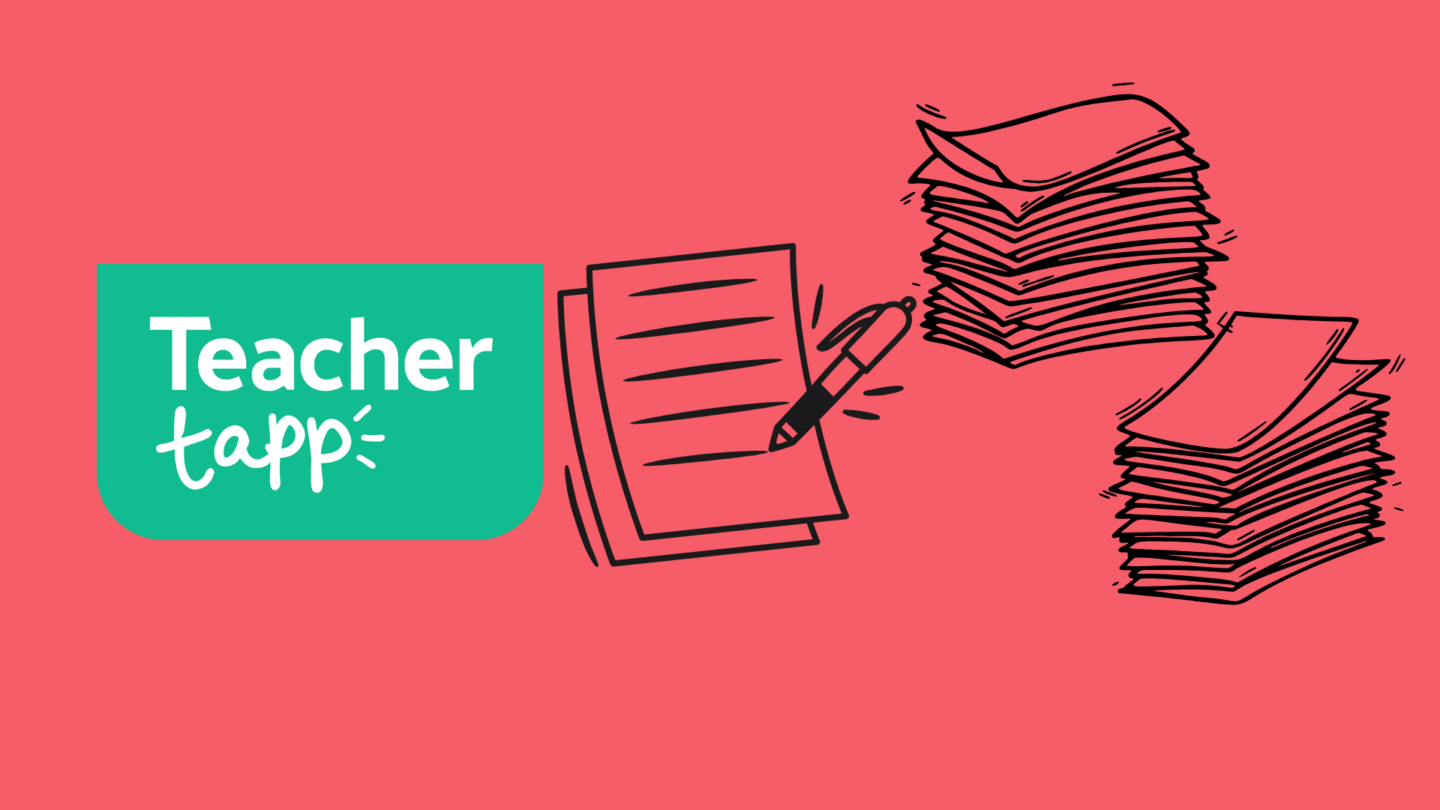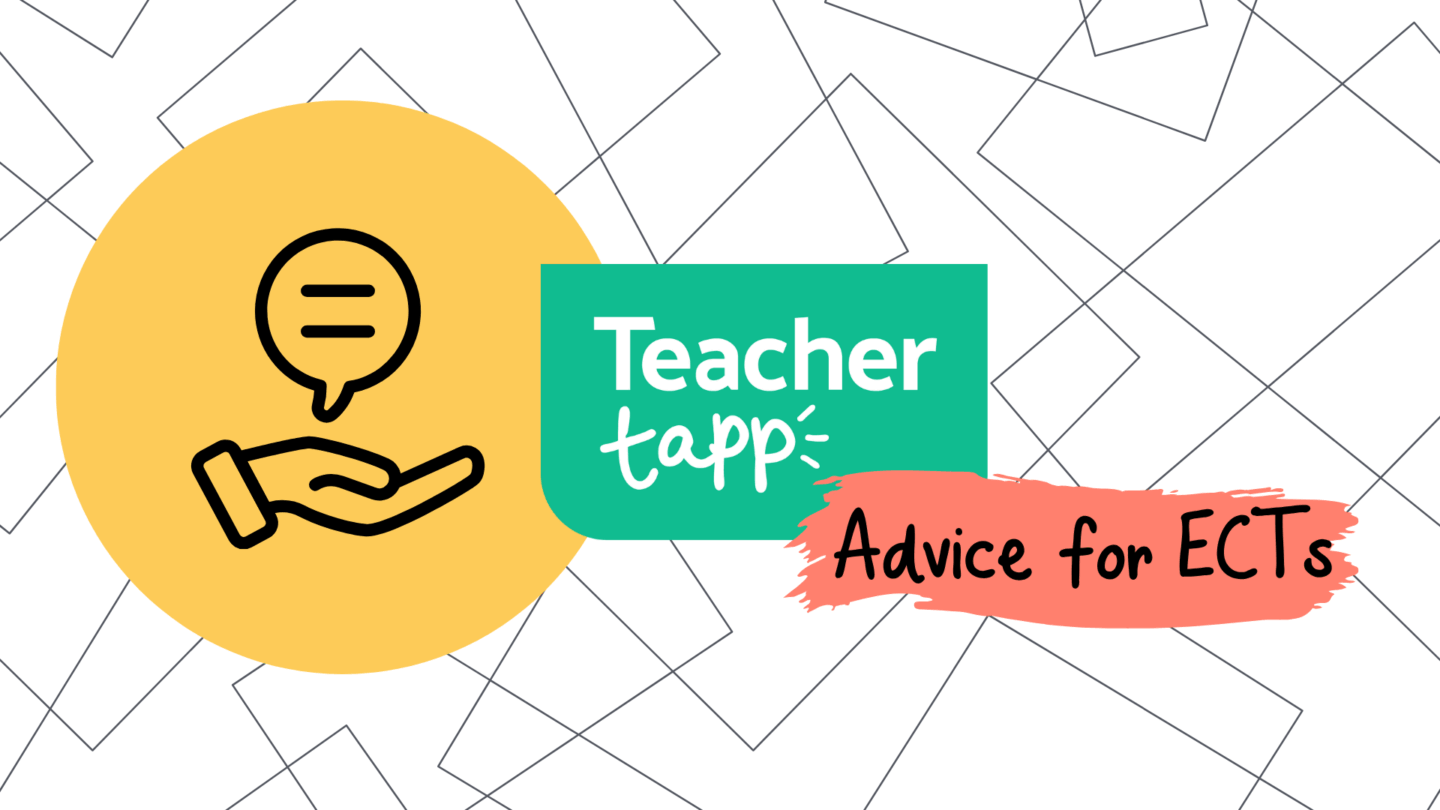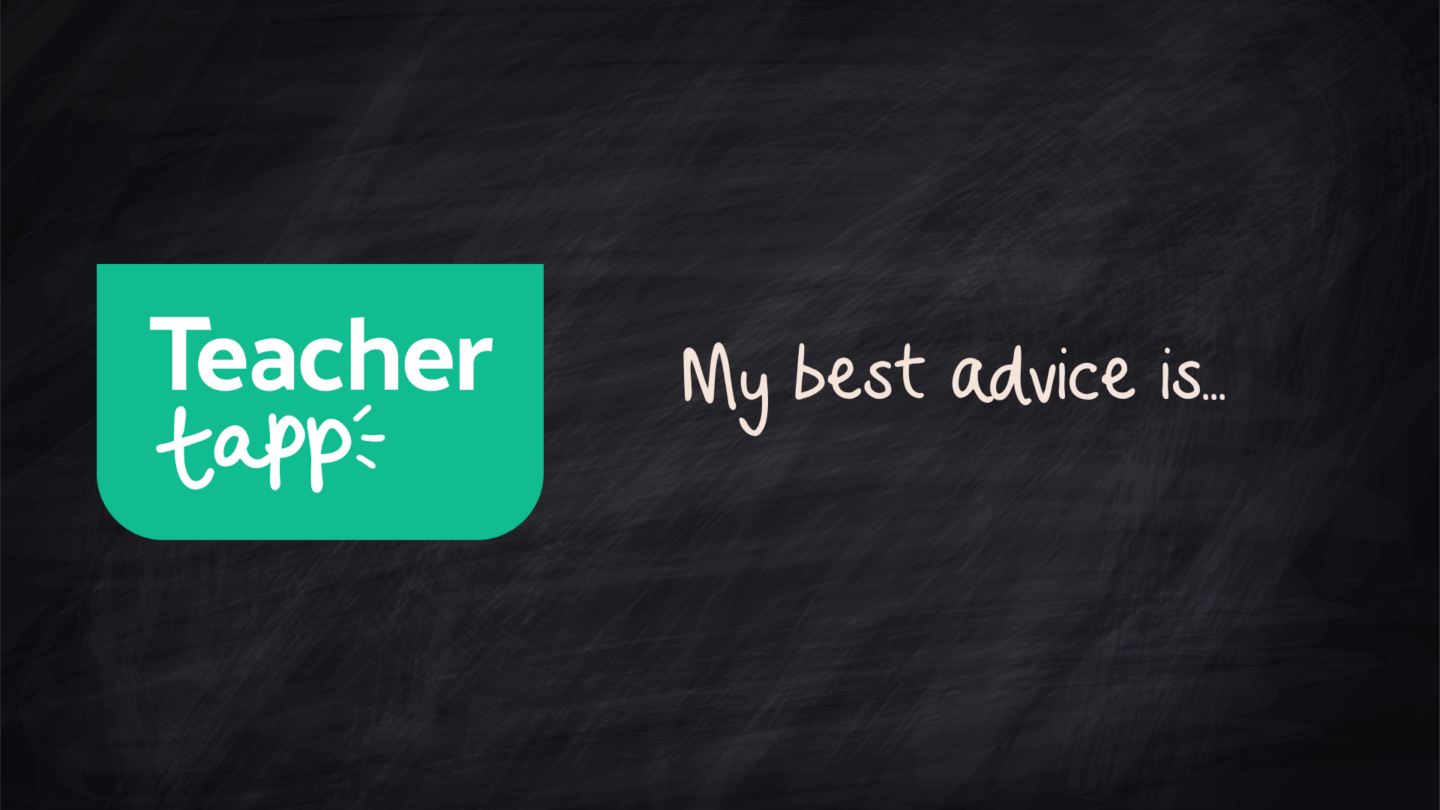Hey Tappsters!
Happy October! Today is the start of the month many good things in it: Black History Month, Halloween AND half term!
We will also be announcing the winner of our September prize draw AND launching our October prize draw 👀 keep an eye on your inbox for more information.
But for now, here is your weekly dose of exciting edu-stats:
Which year is top of the challenging table?
Are some school years trickier than others? The answer seems to be…it depends WHO you ask.
In primary, teachers were more likely to select year groups within their own key stage, with no single year group coming out as a clear ‘winner’ in the challenging behaviour charts.
One reason for this could be that the infant and junior sides of primary schools aren’t always on the same site and consequently teachers aren’t in the loop about which year group are proving to be trickier than others.
Another reason might be that for primary teachers, this question has been asked at the wrong time of year – we will be asking again in July and will update you if there have been any changes!

The year nine problem
Across all secondary schools, year nine came out as the year group with the most challenging behaviour. And this makes sense: it’s the year where pupils feel established and secure in the school but don’t have an immediate worry about exams. Plus their hormones are raging…
However, breaking the results down by subject reveals a degree of variation in the strength of feeling.
Although Year 9 was still the top choice for science teachers (32%), Year 10 followed closely behind (25%). In fact, science teachers were the most likely to pick Year 10 as their second trickiest year group, unlike nearly every other subject, where Year 8 held that spot.
Why might year ten be a trickier year group for science? One reason could be that science is compulsory to KS4, but unlike English and maths, there is no rule for resitting the GCSE if students don’t achieve a grade 4.

One Teacher Tapper got in touch to ask if the length of the KS4 changes which year is the most challenging…but sadly, no. Year nines are tricky no matter when they start their GCSE options!

When is behaviour most challenging?
If the tricky year groups are already known, do we know when that challenging behaviour will start to ramp up?
In primaries AND secondaries, the most common answer was December (57% and 42%) but far more secondary teachers were also worried about November compared to primary teachers (34% vs 7%).
Do you have a theory as to why primary doesn’t have the same ‘stand out’ year group as secondary? And have you ever worked in a school that was able to solve the year nine problem? Let us know via the app or over on Blue Sky, X or Instagram 📲.
Unhappy at work
The course of the school year is punctuated by different pinch points of work stress: the build-up of marking when assessment data is due, the deluge of emails that invariably follow parents evening or the pressure of accountability when data is scrutinised.
Top of the stress-chart for classroom teachers is student behaviour (52%) followed by administrative tasks (42%) and then pastoral concerns for pupils (30%).
This picture changes for more senior members of staff: pastoral concerns are the most common (41%) followed by relationships with parents (39%) and then accountability (30%).

Middle leaders feel the most stress over admin tasks (44%). This time of year can be especially busy for heads of year and departments, as they often spend September sorting through transition paperwork or wrapping up post-results analysis.
If you’re interested in learning more about the data we have on teachers’ working conditions, visit our website for the Teacher Tapp Evidence Summaries. Our report on teacher pay and conditions compiles key statistics to provide a detailed national overview on this topic.
Behaviour sanctions in KS1 and EYFS
If you are a KS1 or EYFS teacher you might have noticed that recently there have been more questions about your classroom in the app 👀.
This is not a coincidence! We are trying really hard to improve the experience of EYFS and KS1 teachers in the app so that more of the questions speak to you and your day-to-day life in the classroom. And the good news – it’s working! We now have more KS1 and EYFS teachers tapping AND we’re so pleased to see that the special EYFS and KS1 blogs have been the most read almost EVERY week! 😍
If you know a EYFS/KS1 teacher please do forward them this blog and invite them to download the app!
Sanctions must always be age appropriate: what works for a reception aged child won’t necessarily be as effective with a year six. So what are teachers using for younger learners?
Positive reinforcement came out top (94%), followed by speaking to a child individually (88%).

A third (33%) of teachers used a time-out, and 22% removed a pupil (either to another classroom or to a senior leader).
18% used a behaviour charts – but what we don’t know is how common these are in classrooms. Keep an eye out for more questions on this and other important topics in the app…
Teacher Tapp Insights collection
Here at Teacher Tapp we have a plethora of data thanks to our amazing tappers, and we want to share as much as possible with you.
On our publications page, you can now find our NEW Teacher Tapp Insights collections.
So far we have Home-School relationships, Homework and Uniform all as downloadable PDFs. Perfect for whole staff CPD, training, or just to dig deeper into our stats. And guess what? More are on the way! Let us know if you find them helpful!
🎩 Top events
A new event this week! From Carousel Learning a blog by Adam Boxer: Retrieval in Science.
The events tab in the app is packed with even more events to meet your CPD needs, so jump in and start exploring today!
Ups and Downs
On the rise 📈
Visualisers – This piece of edu tech has gained significant popularity among teachers. Since September 2021, the number of classroom teachers using visualisers has increased from 20% to 35%.
Heading down 📉
Trust in data from colleagues – Fewer teachers now trust their colleagues’ judgments about the attainment and social profiles of the pupils they will be teaching this year. In July 2019, 22% of teachers “strongly agreed” that they trusted the data, but as of last week, that figure has dropped to 15%.
Daily Reads
This week our most-read blog was from Edapt on whether teachers need to set cover work when off sick?
Have you seen a great blog you think would make a great daily read? Let us know by emailing england@teachertapp.co.uk and we will check it out!





